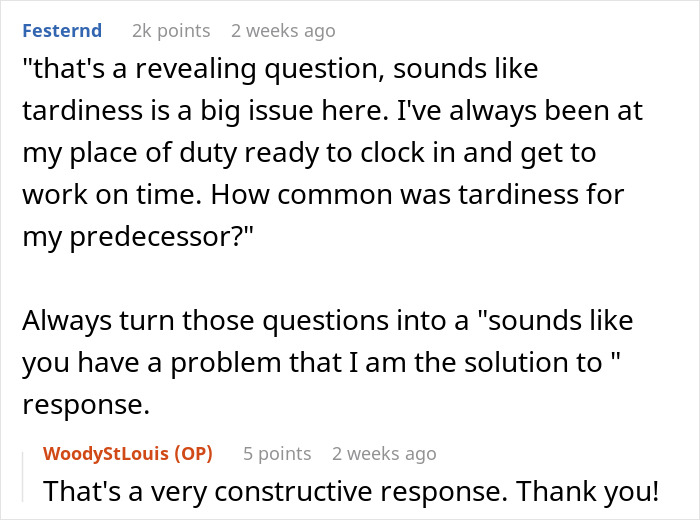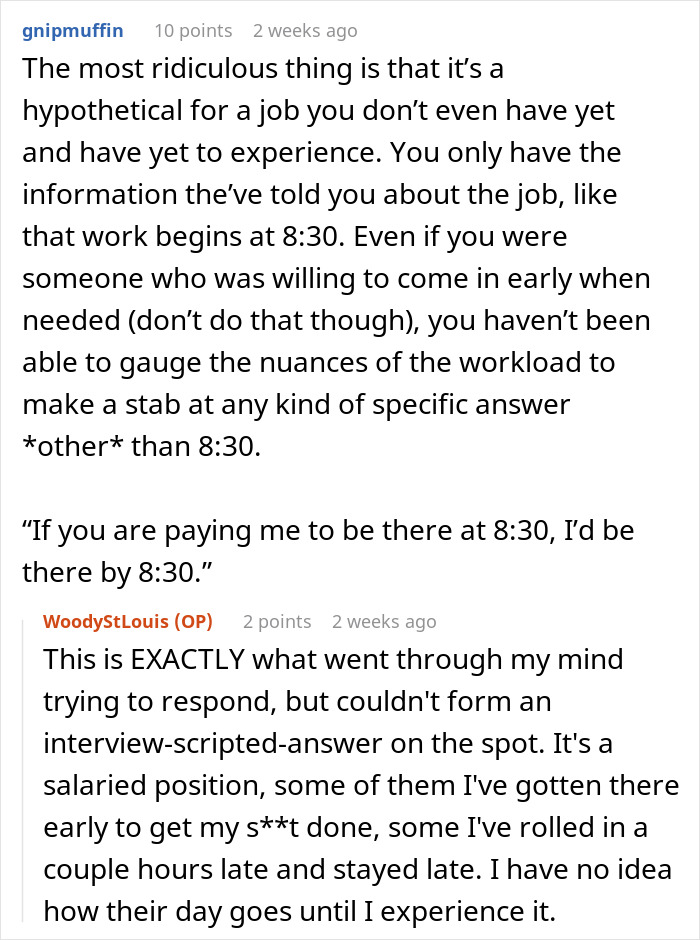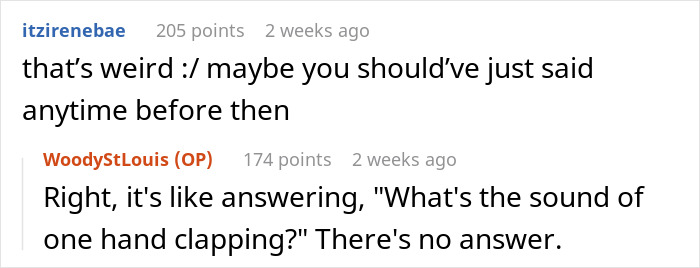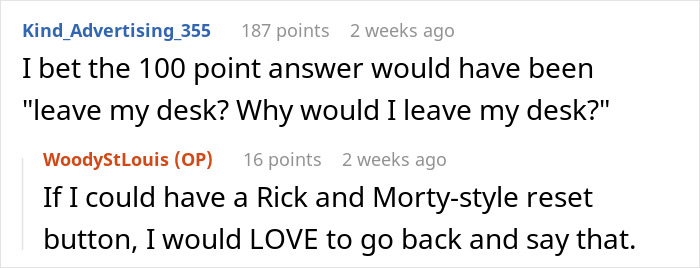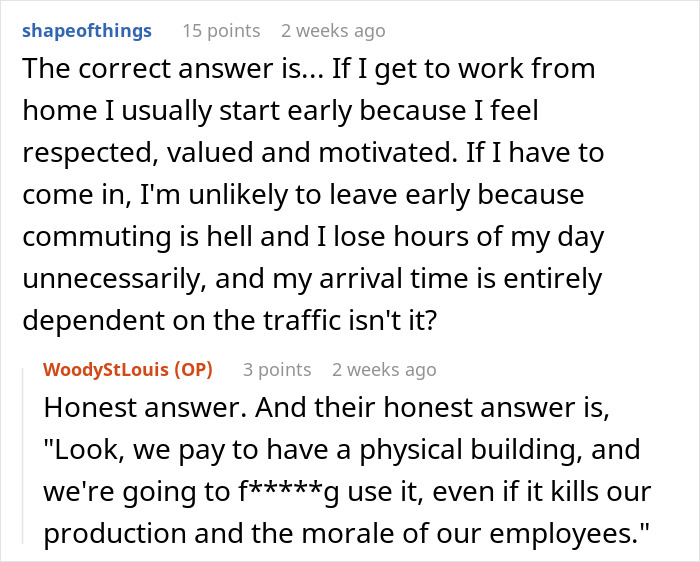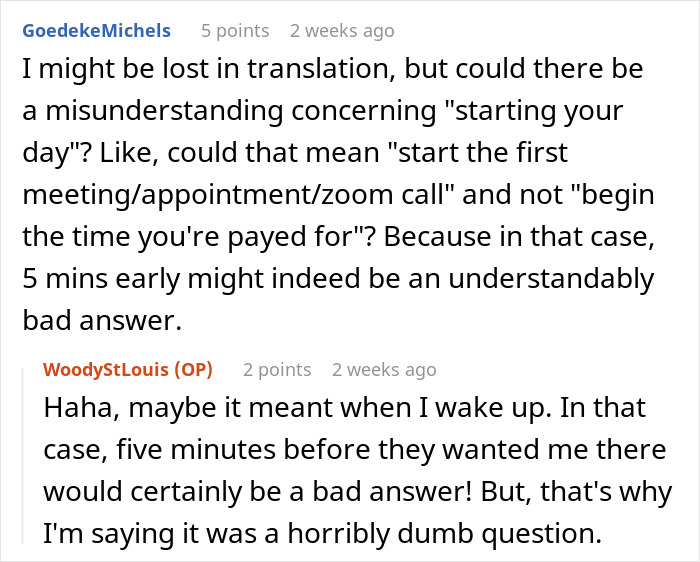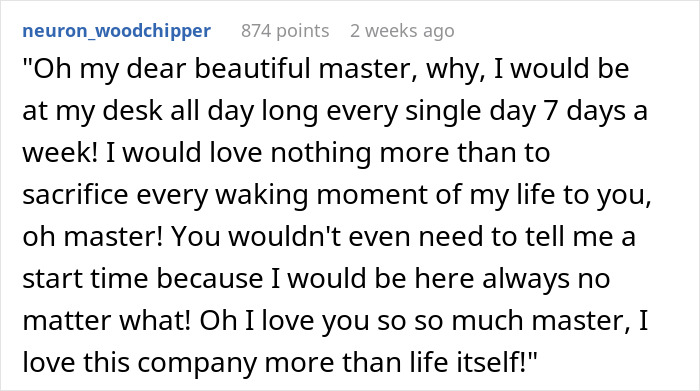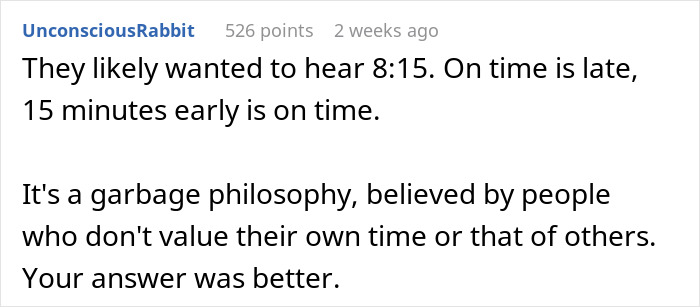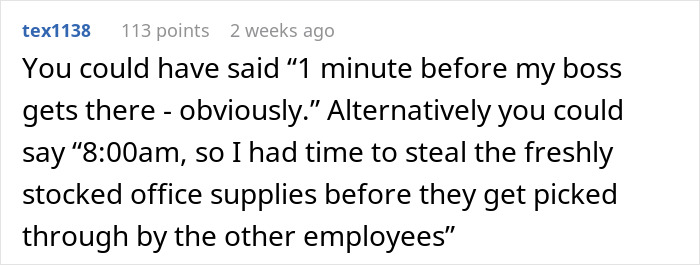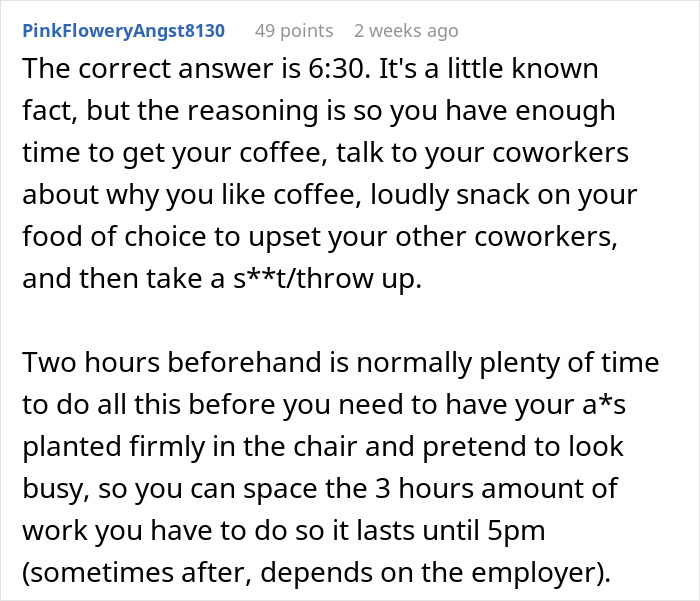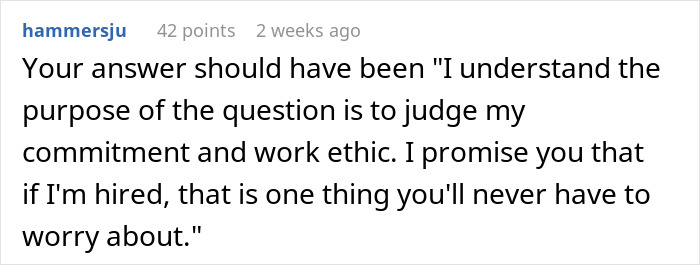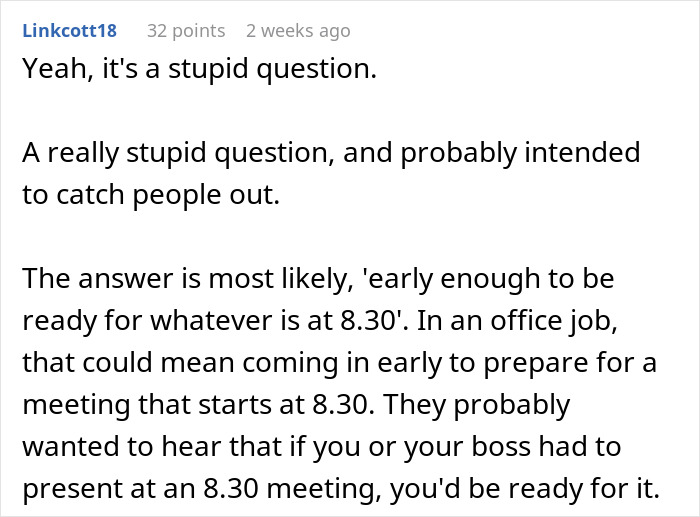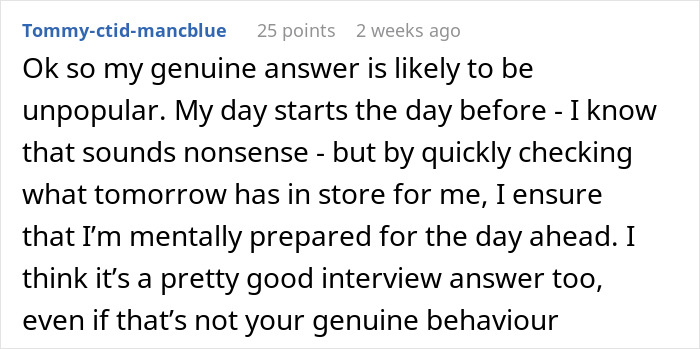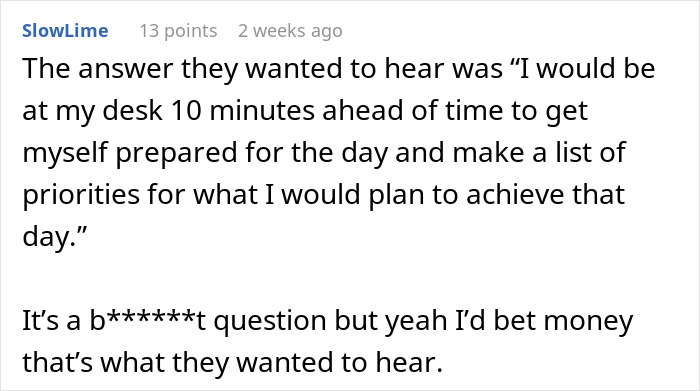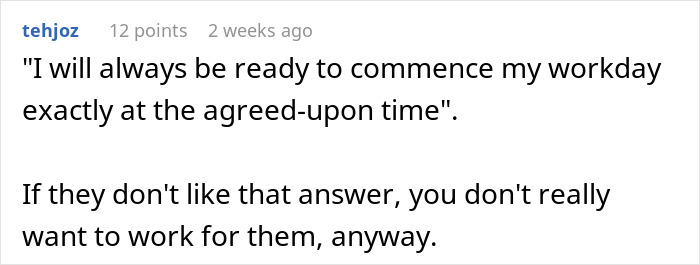In a way, interviewing well is one of the most important skills to have to be successful in the job market. If you can’t effectively communicate your experiences and strengths to recruiters, you may miss out on opportunities that could propel your career forward.
Reddit user WoodyStLouis recently got a call back for a role he applied to. The conversation with the hiring team was going rather smoothly until suddenly, the man heard what he thought was “the dumbest” question he had ever received in his quest for employment, and it completely threw him off.
To find out if his reply was correct, he turned to the subreddit ‘Anti Work‘ for help.
This applicant admitted he fumbled a job interview because of a single question that he later realized could’ve been a trap

Image credits: Edmond Dantès / pexels (not the actual photo)
So he described the conversation to the internet and asked people to share their take on it
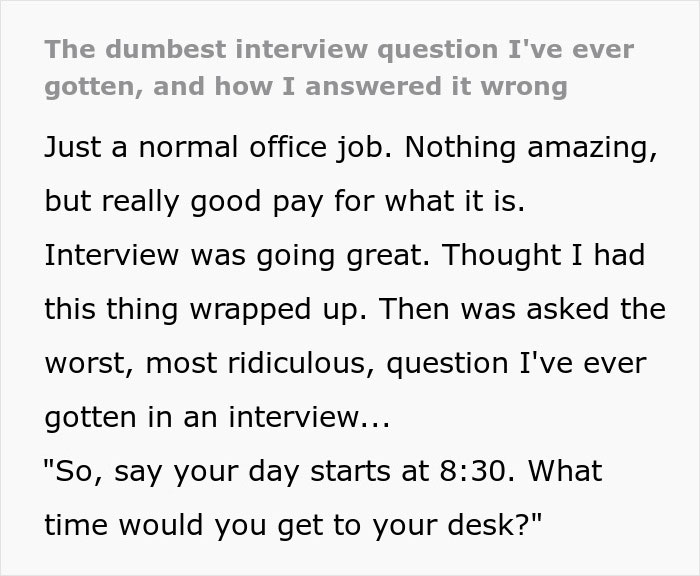



Image credits: Gabrielle Henderson / unsplash (not the actual photo)
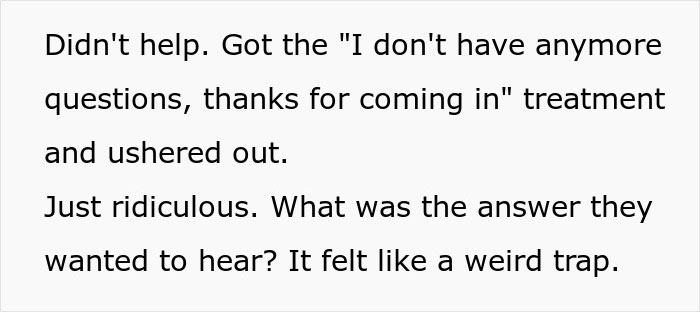
Image source: WoodyStLouis
While it’s a difficult spot, sometimes candidates can still find a way to continue the interview even without an answer to a specific question
According to Neha Parashar, an experienced executive coach and former HR leader who helps people find clarity and growth in their professional and personal lives, many hiring managers are looking out for a few things beyond applicants’ hard skills and experience — their values, goals, and work styles. To get a feel for those things, they’re asking themselves:
- Will this person be comfortable working here and be able to give their best?
- Is their work and communication style compatible with my team members?
- Will everyone be able to collaborate and perform at their best?
That’s why Parashar believes that during the interview, potential employees should show that they are aware of:
- The values of the organization (“I know what is important to you”);
- The mission and goals of the organization (“I know where you are going, and I’d like to come along”);
- The organization’s style and way of working (“I understand how things work here and I could do it that way”).
However, in situations where you don’t know how to answer the recruiters’ question, Teresa Freeman, who has 25 years of experience as an HR executive for companies like Amazon and Deloitte, says there are three ways you can regain composure:
- Repeat or reframe. Sometimes you can’t answer or think that you don’t know how because you didn’t hear it right or the way it’s framed.
- Bring in a related topic. If you still have no idea what the person is asking you, you can try to redirect the interviewer with a related thought or example of your expertise. For example, “I understand that your employees’ time management skills are important to you, so can I tell you about a recent project where I met tight deadlines…” could’ve been a shot worth taking in our case.
- Show that you are eager to learn. Another possible exit from the dead end could be showing the interviewer that you want this job and that you’re willing to acquire the required expertise.
According to Freeman, if candidates express positivity, energy, and interest, they can go a long way even if they aren’t able to fully answer a specific question.
As his story went viral, the man joined the discussion in the comments
